CBS’ President and CBS Students welcome a discussion on turning SU into interest-free loans
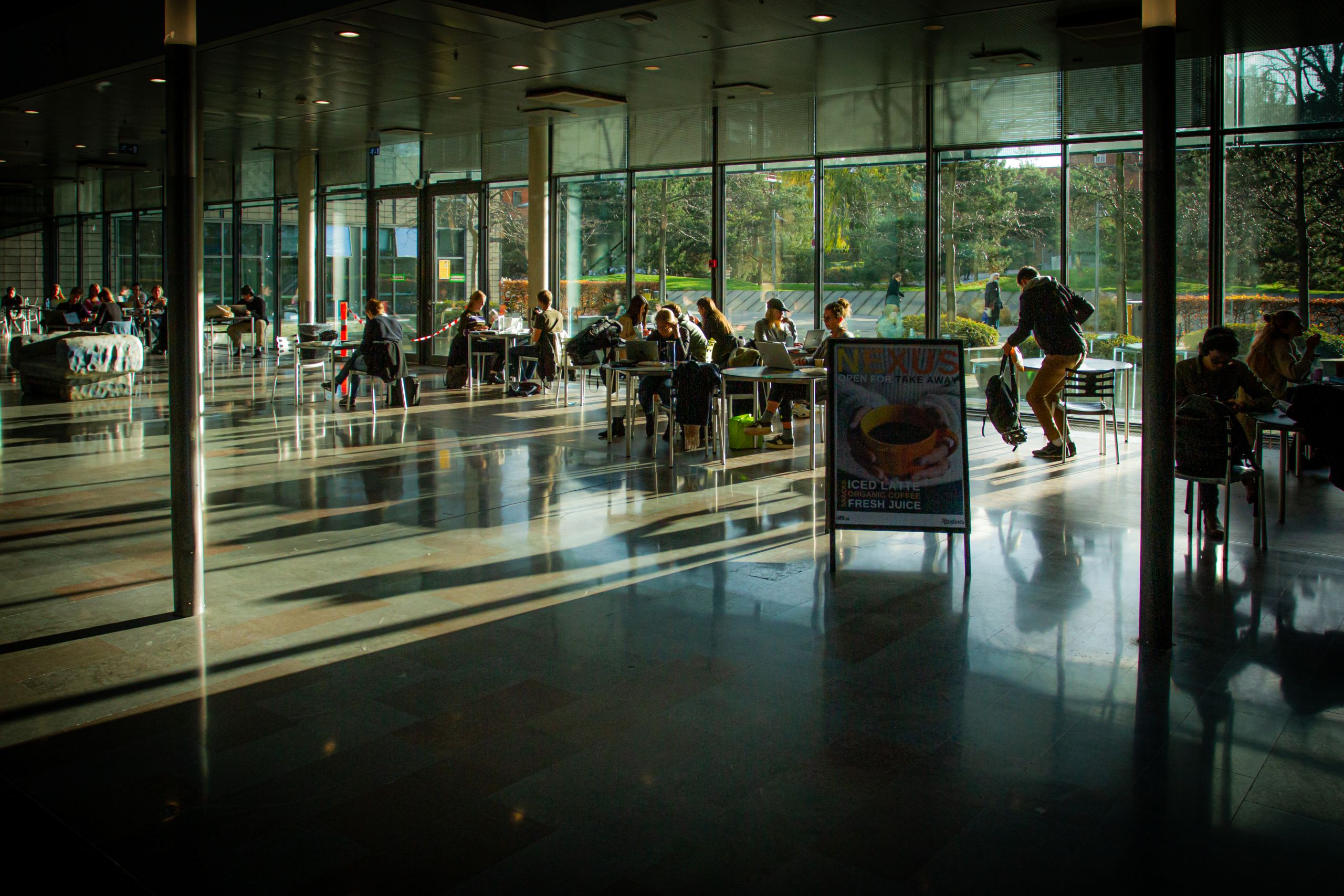
(Photo by Anna Holte)
The Danish Chamber of Commerce suggests interest-free loans could replace SU for master’s students. The President of CBS Students welcomes a discussion on the matter and hopes the debate will be constructive. A trade union warns that fewer students are likely to apply for master’s degrees if the idea is introduced.
The Danish Chamber of Commerce (Dansk Erhverv) is suggesting that study grants for master’s students (SU) should be transformed into interest-free loans – a model similar to those used in Norway and Sweden.
The suggestion is part of a new initiative through which the Danish Chamber of Commerce aims to boost the educational sector annually to the tune of DKK 3.5 billion. Of that 3.5 billion, 2.3 billion will come from SU and the remaining 1.2 billion will come from the Danish Chamber of Commerce, the initiative explains.
According to the Danish Chamber of Commerce, the extra money should include investments in more and better teaching at all levels of the educational sector – from primary school to university – digitalization and will encourage more people to take degrees.
Mads Taudal Nyeng, President of CBS Students does not dismiss the suggestion from the Danish Chamber of Commerce.
“We are all ears when initiatives to improve the quality of education are proposed. We can all agree that better-quality education is in everyone’s interests, and we need to be open to discuss how we get there,” he says and continues:
“We would like to take a holistic perspective. We need to dare to challenge some of our assumptions and prerequisites regarding the model we have now and how it can be improved.”
In an interview with the Danish newspaper Berlingske, President of CBS Nikolaj Malchow-Møller welcomed the initiative from the Danish Chamber of Commerce.
“SU for master’s students must not become a sacred cow that blocks the desire to discuss how we can raise the quality of our education system,” he said.
To Berlingske, he explained that just as we talk about a sustainable society, he also wants to talk about an “optimal learning” (læredygtigt) society.
“This means we must continually discuss whether we are using money correctly in our education system,” he said pointing out that:
“We must be able to discuss how to finance quality. We cannot ignore the issue of finance if we want to ensure long-term quality in our education system.”
CBS WIRE reached out to Nikolaj Malchow-Møller for a follow-up interview on his statements.
Among other things, we asked whether it is fair to make students pay for education that is deteriorating in terms of quality after suffering successive annual 2% cutbacks; whether it is preferable to make students begin their careers with student debts which, for some, could feel like a setback and barrier to entering an already hot real-estate market; and whether the initiative may risk deterring certain groups of students from taking master’s degrees and thereby dividing students into teams.
Nikolaj Malchow-Møller did not wish to participate in an interview.
Feeding the dog with its own tail
The Danish trade union DJØF Studerende fears that students will consider not pursuing a master’s degree if study grants are replaced by interest-free loans.
“We see the proposal as feeding the dog with its own tail. We believe that a significant social disparity will result from replacing SU with a loan-based system,” says Rasmus Pilegaard Petersen, President of DJØF Studerende to Ritzau.
Even though many have well-paid student jobs and get good starts, that is far from the case for everyone
Rasmus Pilegaard Petersen
He explains that a survey completed in 2015 among 542 students from social sciences and business-oriented programs showed that about one third would consider not taking a master’s degree if the study grants were replaced by loans.
“This is about whether you are willing to become immersed in debt. It’s a tough start if you begin your career in minus. That would be reality for many students if they cannot get SU for the last couple of years at university. Even though many have well-paid student jobs and get good starts, that is far from the case for everyone,” Rasmus Pilegaard Petersen says to Ritzau.
Rasmus Pilegaard Petersen is positive about the Danish Chamber of Commerce wanting to invest in the educational sector – but the investments should not be based on the cost of SU.
“The issue here is that we have had massive cutbacks for several years across all educational levels,” he says.
When asking Mads Taudal Nyeng whether he is worried that the initiative will constitute a setback for students entering the labor market with student debt, he says:
“Well,” before pausing and adding:
“Once again, it’s important to consider the full perspective and not each aspect in isolation. These are also qualified students who would enter the labor market with a master’s degree ready to start their careers.”
Mads Taudal Nyeng would wish for the money for improved quality in education could just emerge, but they have to come from somewhere, he says:
“If we could conjure up the money just like that it would be great, but it has to come from somewhere, and we should not be hesitant to discuss the options in front of us.”
You can read the entire initiative from the Danish Chamber of Commerce in Danish here.



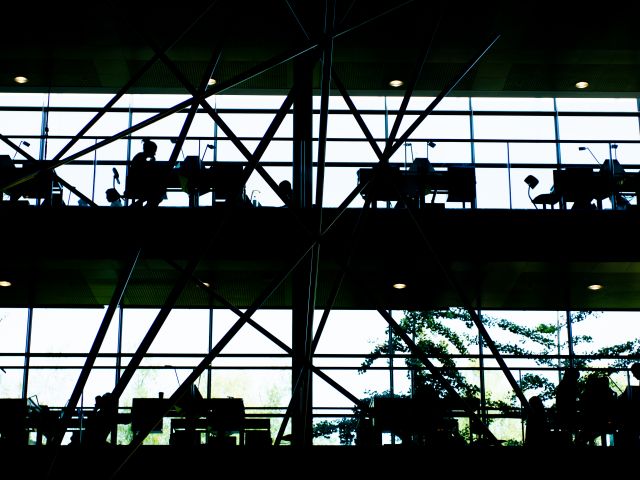
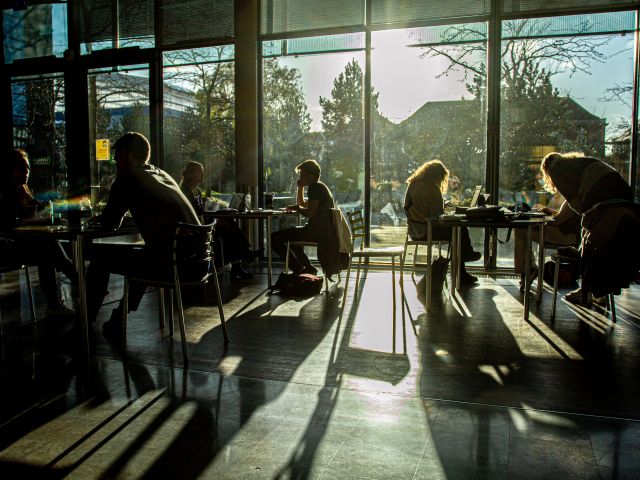


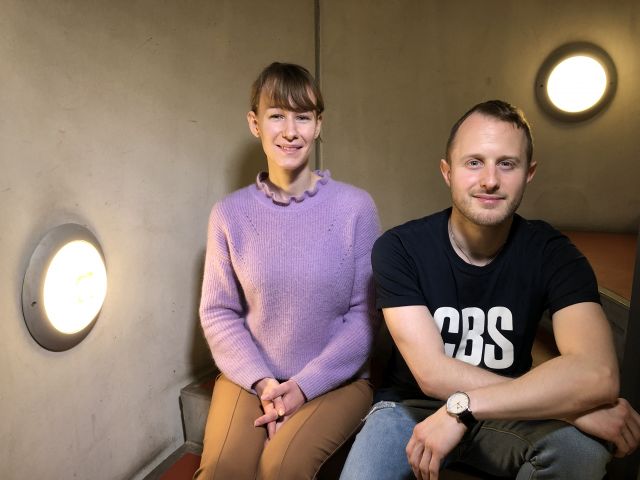
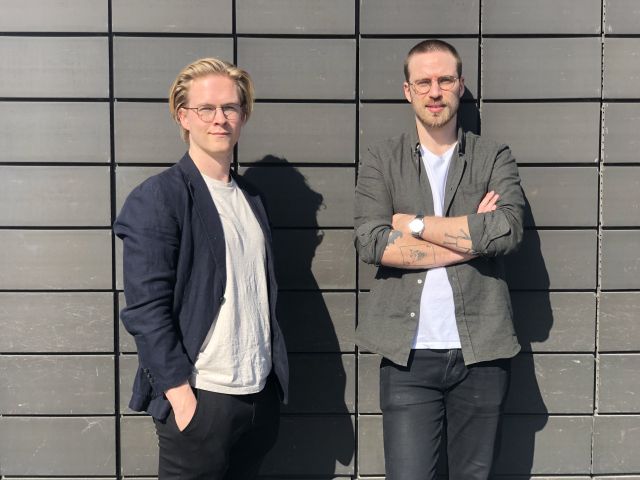





























































































































Comments